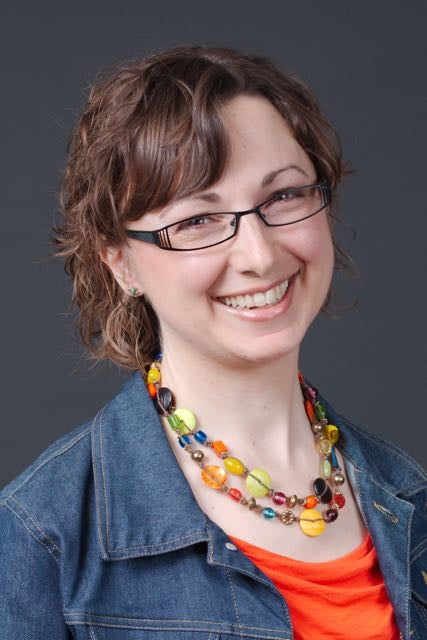Written by Lori Straus (MA '03)
One of the hardest things to learn is setting boundaries: How often do you say yes to a request, only to walk away, grumbling you should have said no?
I taught English for a year in Germany and was assigned an hour to each grade 6 classroom, against my contract. I was a trained dance teacher, but not a trained schoolroom teacher.
I didn't say no and it was one of the most stressful years of my life.

I wanted to say no. And when I was asked to sub for a teacher every Friday morning, I said no. It worked, I lived to tell about it, and I continued building on that experience.
Saying no not only lets you focus on your priorities, it lets you take on the things you actually care about. By saying no to some things and yes to others, you’re setting boundaries for yourself that will create balance and, when things do go awry, help you not lose sight of where you’re headed.
Now I’m back, energized, and excited. Now I’m 41, have two kids, a husband, and a freelance business. Now I know my limits, how to care for myself, and when to push myself. And thanks to the journey my life has taken me, to UWaterloo, away, and back, I’ve established boundaries that let me balance all of that:
Boundary #1: Family’s needs first.
I chose to marry and have two kids. My family’s needs (but not always their wants) must come first.
Boundary #2: No work—academic or professional—after 8:30 PM.
Forcing myself to work until right before bed only guarantees a poor night’s sleep, and when poor nights start to pile up, the brain starts to dial down.

Boundary #3: Teach the kids boundaries.
Emphasis on “teach.” That means showing them what I’m doing, explaining why it’s important, and trying to help them relate it to something in their lives. Closed office doors also help.
Boundary #4: Almost never give up my workout.
I actually learned this from a fellow grad student back in my 20s. I only cancel my workout when some serious sleep is needed.
Boundary #5: Sleep.
Almost everything I do supports this. Good sleep keeps me healthy and, above all, lets me concentrate. I can get more done in less time and still have time for everything above.
Boundary #6: Breaks.
I would never walk all day without good breaks to eat, drink water (and nothing else, except tea), and rest. So why expect my brain to act like that?
Keeping these boundaries intact helped me successfully complete my first semester in my part-time PhD program in German Studies. I’ve got about another 14 to go, and I’m looking forward to each and every one of them.
Lori Straus is a freelance writer and translator (from German). Her work can be seen in The Globe and Mail, just dance! magazine, The Ontario Dealer, and online at The Dance Current. She published her first book in 2015, Postcards in the Closet, a short, creative non-fiction memoir. After four years at the Waterloo Centre for German Studies, Lori transitioned in January 2018 to part-time PhD studies in German at UWaterloo.
